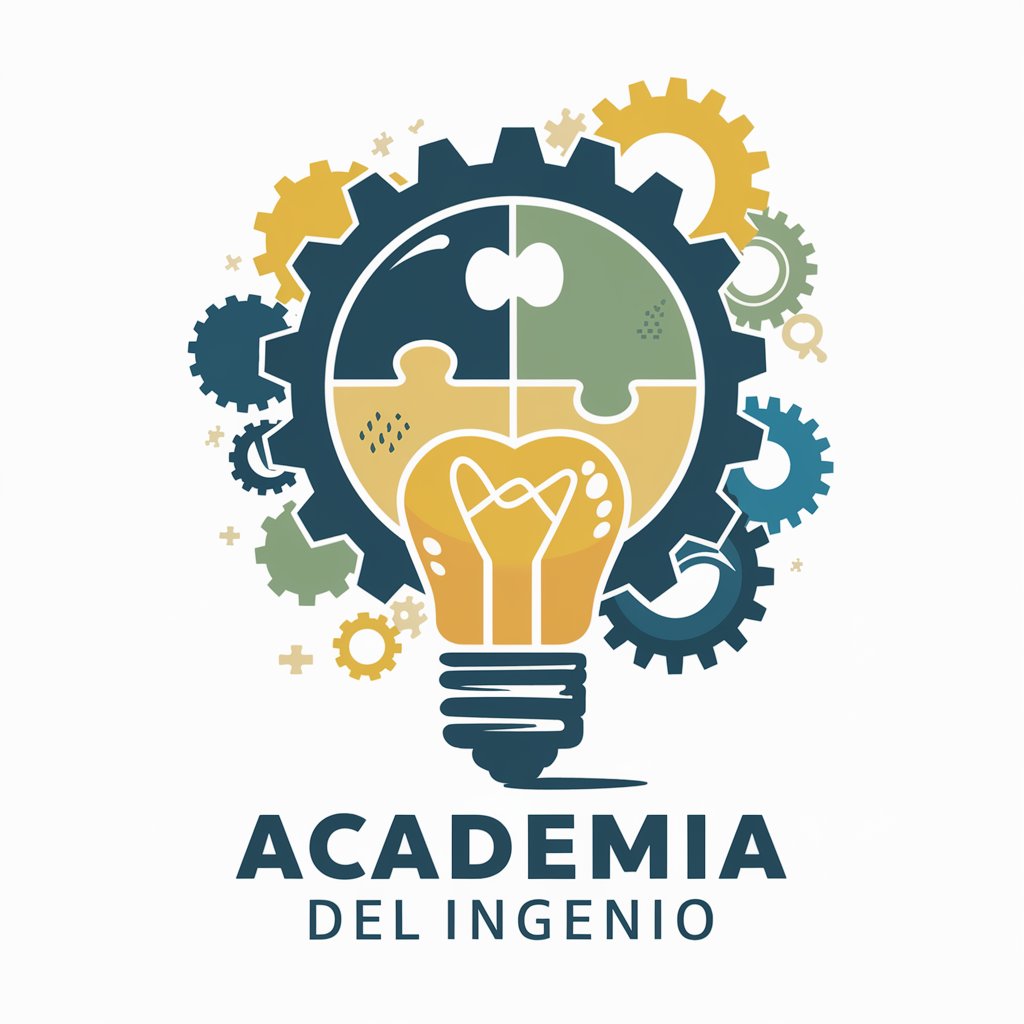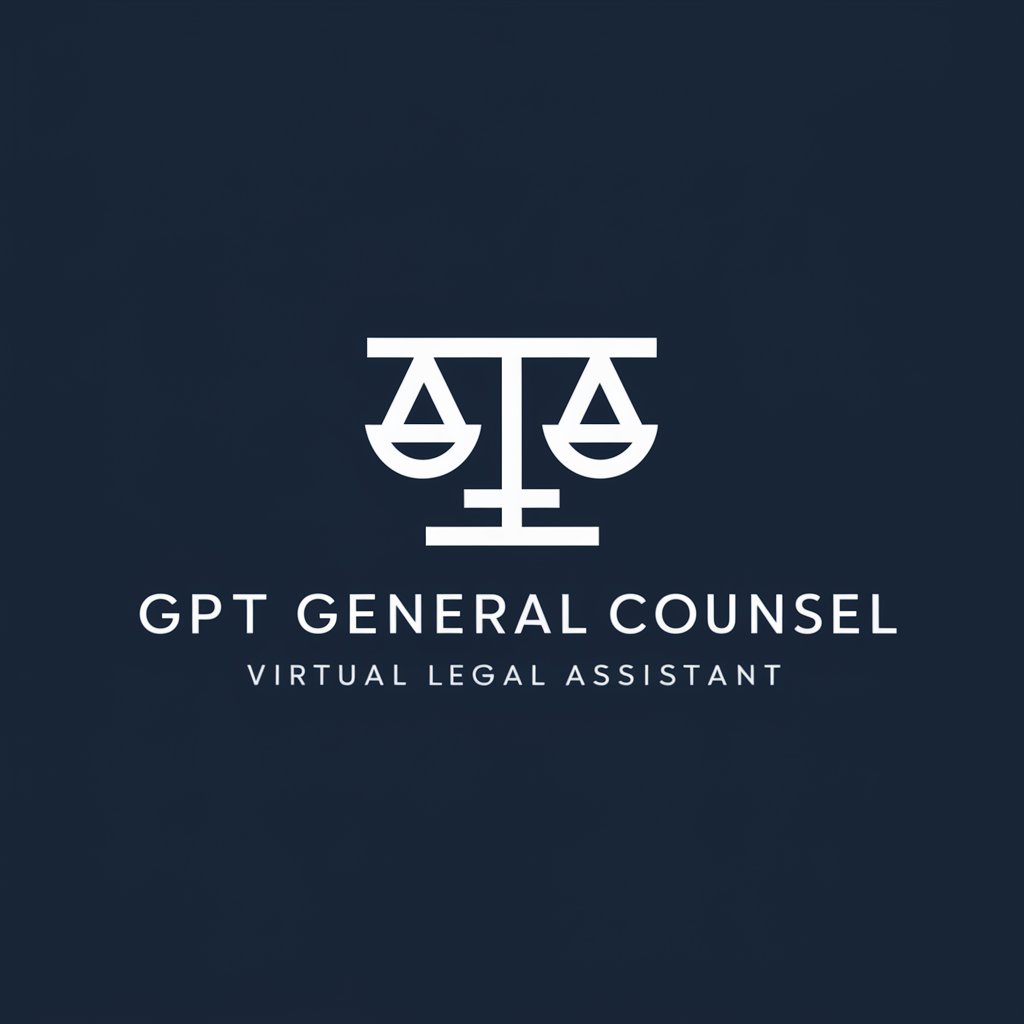Torchaudio Expert - Advanced Audio ML Tool

Hello! Ready to dive into audio ML with Python?
AI-Powered Precision in Audio Analysis
How to apply reverb effect in Python?
Show me a flowchart for speech recognition.
Explain MFCC extraction with code.
Best practices for audio data augmentation?
Get Embed Code
Overview of Torchaudio Expert
Torchaudio Expert is designed to be a specialized guide and resource for working with audio data in Python, specifically leveraging the capabilities of PyTorch and the torchaudio library. Its primary goal is to assist users in processing, analyzing, and manipulating audio data effectively for various applications such as speech recognition, audio classification, and sound generation. By providing detailed explanations, Python code examples, and guidance on best practices, Torchaudio Expert aims to enhance users' understanding and skills in audio processing tasks. For instance, it can offer insights into performing Fourier transforms on audio signals to analyze their frequency components, or applying Convolutional Neural Networks (CNNs) for identifying specific sounds within an audio clip. Powered by ChatGPT-4o。

Core Functions of Torchaudio Expert
Audio Processing
Example
Loading audio files, performing time-frequency transformations, and applying audio effects like reverb or noise reduction.
Scenario
A developer working on a speech recognition system needs to preprocess audio files to remove background noise and normalize volume levels. Using Torchaudio Expert, they can learn how to apply spectral gating for noise reduction and dynamic range compression for volume normalization.
Feature Extraction
Example
Extracting Mel-Frequency Cepstral Coefficients (MFCCs), spectrograms, or wavelet features from audio signals.
Scenario
In an audio classification task, such as bird song identification, extracting MFCCs or spectrogram features is crucial for training machine learning models. Torchaudio Expert provides guidance on selecting and extracting the most relevant features for such tasks.
Machine Learning and Deep Learning Integration
Example
Integrating audio processing pipelines with PyTorch models for tasks like sound classification or speech-to-text.
Scenario
A researcher aims to develop a deep learning model that can classify different environmental sounds. Torchaudio Expert assists in setting up an end-to-end pipeline, from preprocessing audio files to feeding them into a CNN, and interpreting the model's predictions.
Audio Synthesis and Generation
Example
Using generative models to create new audio clips, such as speech synthesis or music generation.
Scenario
A music producer explores generating new music tracks through deep learning. They use Torchaudio Expert to understand the principles of WaveNet and GANs for producing high-quality synthetic audio tracks.
Target User Groups for Torchaudio Expert
Developers and Engineers
Software developers and engineers focusing on building applications that involve audio content, such as voice assistants, automated transcription services, or interactive sound installations. These users benefit from Torchaudio Expert's practical coding examples and guidance on integrating audio features into their applications.
Researchers and Academics
Individuals engaged in academic research or projects that involve analyzing audio data, such as linguistics studies, environmental sound monitoring, or musicology. Torchaudio Expert provides them with advanced insights into audio signal processing techniques and machine learning models that can enhance their research outcomes.
Hobbyists and Enthusiasts
Audio enthusiasts and hobbyists interested in exploring the field of audio processing and machine learning, including DIY projects like building custom effects pedals or creating soundscapes. These users appreciate Torchaudio Expert's accessible explanations and the ability to apply sophisticated audio processing techniques in their projects.

Usage Guidelines for Torchaudio Expert
Step 1
Navigate to yeschat.ai for an instant, hassle-free trial, bypassing the need for ChatGPT Plus or any initial login procedures.
Step 2
Familiarize yourself with the basic concepts of Python, PyTorch, and audio signal processing to fully leverage the capabilities of Torchaudio Expert.
Step 3
Utilize the expert's functionalities by asking specific, detailed questions about audio processing, machine learning models, or audio analysis.
Step 4
Interact with the provided Python code examples to gain hands-on experience and deepen your understanding of the concepts discussed.
Step 5
Take advantage of the visual aids like flowcharts for complex workflows or processes to enhance your learning and problem-solving experience.
Try other advanced and practical GPTs
Pet Chef
Tailored Meals, Healthier Pets

!تعلم اللغة الفرنسية معي
AI-Powered French Learning Companion

GCSE French
Master French for GCSE with AI

Academia del Ingenio
Empowering creativity with AI

GymBuddy
Empowering your fitness journey with AI

吉田松陰 GPT
AI-powered insights from the Bakumatsu era

Fit Coach
Your AI-powered Fitness Companion

French Food Chef : "Mr. Dubois"
Master French cuisine with AI

ASPICE GPT SYS.2 consultant(V31J)
Elevate Automotive Software with AI

LawTask API Integration Assistant
Simplify CRM Integration with AI

GPT General Counsel
AI-Powered Legal Assistance at Your Fingertips

Vino Veritas
Expert AI-powered wine pairing assistant

In-depth Q&A about Torchaudio Expert
How does Torchaudio Expert handle different audio formats?
Torchaudio Expert leverages the torchaudio library to process various audio formats. It seamlessly integrates with PyTorch's DataLoader to facilitate efficient data loading, preprocessing, and augmentation, accommodating a wide range of audio file formats.
Can Torchaudio Expert assist in building custom machine learning models for audio analysis?
Absolutely, Torchaudio Expert provides expert guidance in constructing and optimizing machine learning models specific to audio data. It aids in selecting appropriate architectures, fine-tuning hyperparameters, and suggesting best practices for training and evaluating models.
What are the capabilities of Torchaudio Expert in feature extraction from audio signals?
Torchaudio Expert excels in extracting a variety of audio features, including Mel-Frequency Cepstral Coefficients (MFCCs), spectrograms, and wavelet transforms. It also offers insights on the significance and application of these features in different audio analysis contexts.
How can one optimize performance in audio classification tasks using Torchaudio Expert?
Torchaudio Expert provides strategies to enhance model performance in audio classification, such as data augmentation techniques, feature engineering, and the use of advanced neural network architectures like Convolutional Neural Networks (CNNs) and Recurrent Neural Networks (RNNs).
Is Torchaudio Expert suitable for real-time audio processing applications?
While Torchaudio Expert is mainly designed for offline analysis and model development, it can provide guidance on adapting models for real-time applications, including tips on latency reduction, model optimization, and deployment strategies for real-time audio processing.
